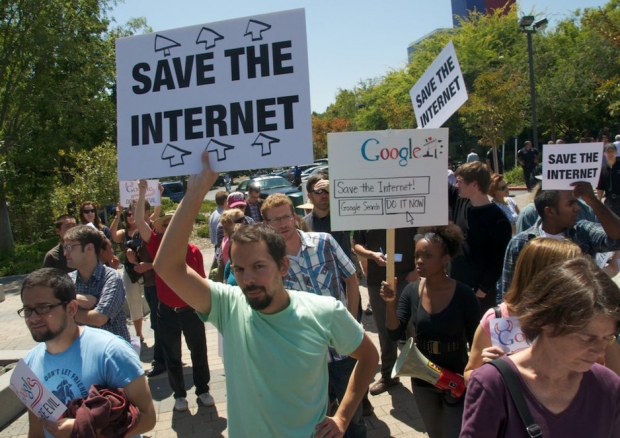The states want the court to reject the Trump administration’s efforts to preempt states from imposing their own rules guaranteeing an open internet.
The states, led by New York Attorney General Barbara Underwood, filed a lawsuit after the FCC voted to reverse rules that barred internet service providers from blocking or throttling traffic or offering paid fast lanes, also known as paid prioritization.
Several internet companies have also filed a separate legal challenge to overturn the FCC ruling, including Mozilla, Vimeo, Etsy, and numerous media and technology advocacy groups.
The FCC handed sweeping new powers to internet providers to recast how Americans use the internet — as long as they disclose any changes. The new rules took effect in early June but major providers have made no changes in internet access.
The states argue that the new rules will harm consumers and the FCC failed to identify any “valid authority” for preempting state and local laws that would protect net neutrality.
Governors in six states have signed executive orders on net neutrality, while three states have enacted net neutrality legislation.
FCC Chairman Ajit Pai believes the rules will be upheld and will encourage additional investment by providers. However the FCC failed to offer a “meaningful defence of its decision to uncritically accept industry promises that are untethered to any enforcement mechanism”, the states said.
The US Senate voted in May to keep the Obama-era internet rules, but the measure is unlikely to be approved by the House of Representatives or the White House.
The states also argue the FCC action could harm public safety, citing electrical grids as an example. They argue “the absence of open internet rules jeopardises the ability to reduce load in times of extreme energy grid stress. Consequently, the order threatens the reliability of the electric grid”.

